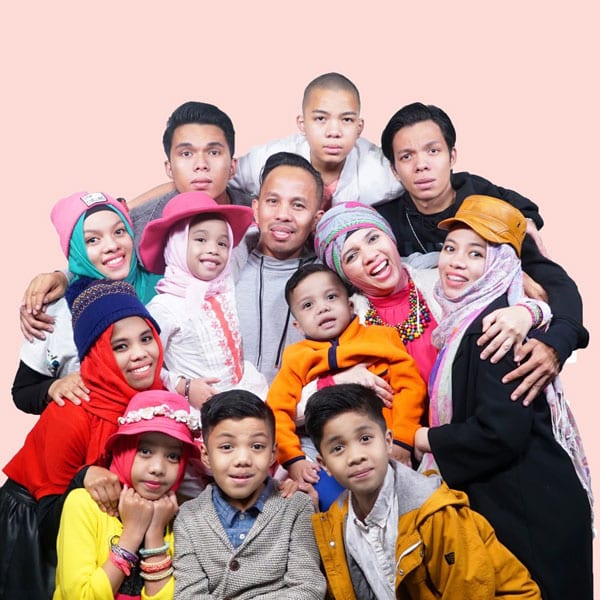
February 25, 2019; New Republic
It is well known that low-income parents are treated very differently by state agencies than parents of greater means. Our systems of child protective services are also highly racialized. A few years ago, in the Journal of Children and Poverty, an academic book review began, “Racial disproportionality, or the overrepresentation of children of color, has been observed in the child welfare system for more than 40 years.”
Writing for the New Republic, Kathryn Joyce dives deeply into the work of the Administration for Children’s Services (ACS) in New York City. The record, Joyce explains, is not good.
All too often…ACS caseworkers visit families in the middle of the night—a tactic that is supposed to be reserved for emergencies in which children are in imminent danger—demanding that parents wake their children so they can inspect their bodies for bruises, interview them alone, check their bedrooms, and take stock of the food in the kitchen cupboards.
Christine Gottlieb, the co-director of the Family Defense Clinic at the New York University School of Law adds that, “People call me all the time, saying, ‘I reached out to ACS for help, and it destroyed my family.’”
In effect, the poor are criminalized. As Martin Guggenheim, the Clinic’s other co-director, notes, “It used to be in the Bronx projects that all you had to do was shout, ‘There’s a cop in the hall,’ and people would flee. Now you say, ‘ACS is on the ground,’ and people flee. That’s one of the saddest parts: This is a helping agency, meant to support poor families, and the parents are terrified of the very agency whose charge is to support them.”
Changing this culture is challenging for a large bureaucratic agency with a $2.7 billion budget like New York City’s ACS. But some pilot programs show promise. One is a program called GABI, which stands for group attachment-based intervention and was developed by Dr. Anne Murphy of the Albert Einstein College of Medicine.
In 2010, Murphy opened up the first GABI center in the Bronx. Joyce explains, “At GABI centers, families with children up to three years old come for two-hour drop-in sessions, during which parents—low-income, often socially isolated parents—can meet in a welcoming, nonjudgmental environment.”
In 2017, ACS partnered with Murphy to open GABI centers “in every borough, in areas with frequent reports of child abuse or neglect—terms that can encompass a wide range of circumstances, from bruising and other visible signs of mistreatment to things like frequent absence from school, excessive fatigue or hunger, or simply walking home alone.”
Sign up for our free newsletters
Subscribe to NPQ's newsletters to have our top stories delivered directly to your inbox.
By signing up, you agree to our privacy policy and terms of use, and to receive messages from NPQ and our partners.
“The goal of the GABI program,” adds Joyce, “is to provide support to parents and keep problems from escalating to the point where children need to be removed from their homes and placed in foster care.”
While serious child abuse does occur, it’s rare, and many issues that fall under the broad umbrella of “neglect”—which alone accounts for 73 percent of all allegations of child maltreatment made to ACS—are simply the everyday struggles of low-income families.
“It’s not neglect,” says Jeanette Vega, the training director at Rise, a New York nonprofit that advocates for parents with open ACS cases. “We’re poor—this is poverty.”
Women who attend GABI programs have generally highly positive reviews. As one mother tells Joyce, “You’re thinking of ACS, but then you think, ‘No, I’m going to the GABI program. It’s completely different.’”
Joyce notes that the GABI initiative, along with other pilot programs, is part of a major effort by ACS to counteract its image as a “baby-snatching” police force. Reformers, Joyce explains, are cautiously optimistic. Still, these pilots include only a fraction of the families with which the agency works.
“On paper, ACS’s heart is in the right place,” says Ginelle Stephenson, a social work supervisor at the Center for Family Representation. But Stephenson tells Joyce that the new approach doesn’t always trickle down to the ACS rank and file, who often continue to blame or shame parents. One promising development is that, “Over the next year and a half, most of ACS’s existing contracts for foster care and prevention programs will expire, providing the agency with an opportunity to implement its reform agenda on a wider scale.” In short, if ACS wants to implement reform, it will have the means to do so.
Of course, as Joyce notes at the end of her article, ultimately the challenge is whether ACS and reform allies can change deep narratives about poverty. Joyce writes:
The ultimate challenge, though, may not be whether ACS can develop more supportive programs—or even whether it can get poor families to trust the agency again. It’s whether society as a whole can stop criminalizing poverty and embrace the idea that poor families are worthy of compassion …Even the most generous of programs cannot make up for government policies that force poor children to live in unsafe housing, drink lead-poisoned water, and go without adequate health care and education.
—Carole Levine and Steve Dubb












